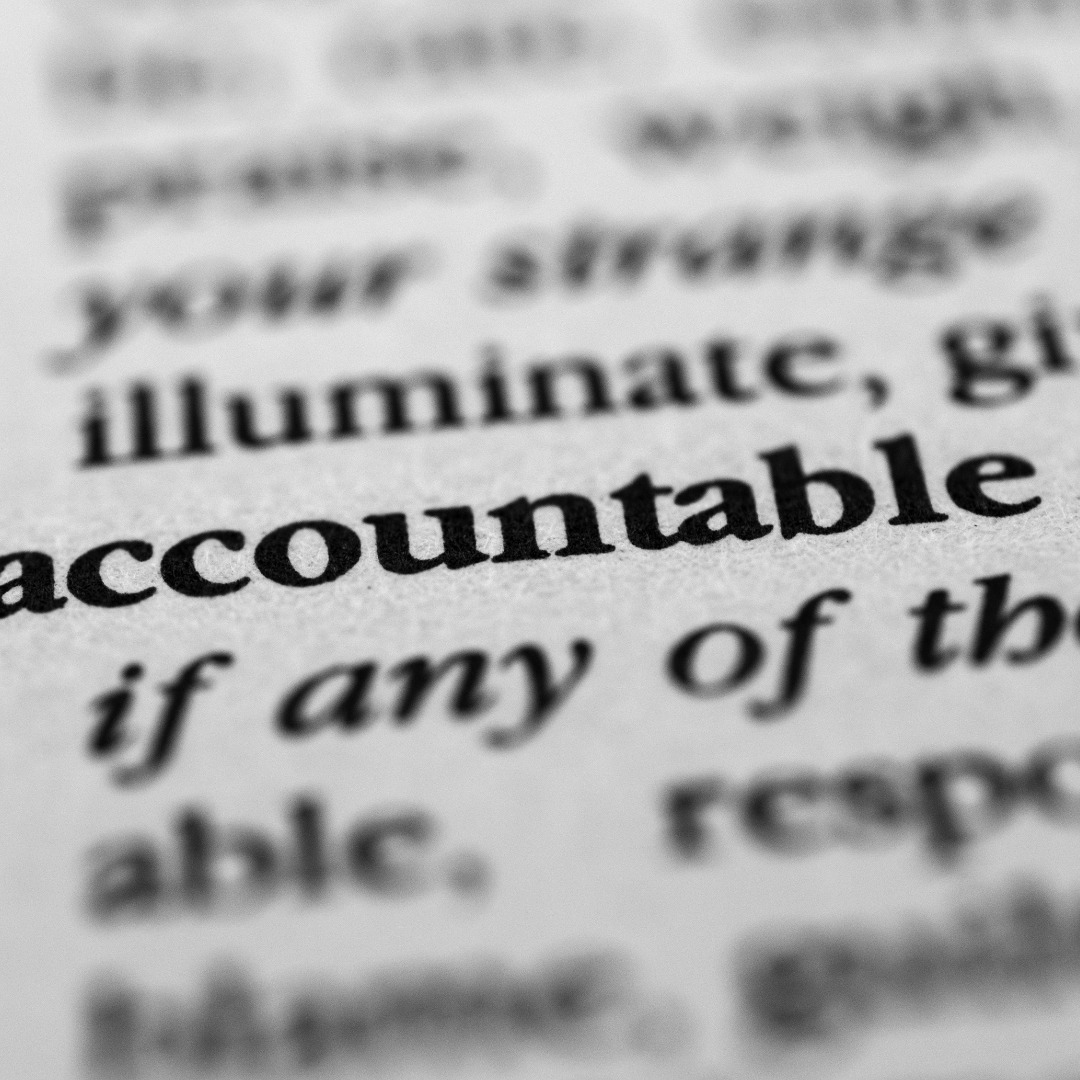My morning routine Monday through Saturday is eerily consistent. Wake up early, eat breakfast, read a few articles, and then get to writing before the rest of the day. I’m usually done by the time my family is out of bed.
I’ve created this routine because my writing time is the foundation of most of my ideas. It’s arguably the most important part of my day so I do it early to ensure it gets done. In Brian Tracy’s book, Eat That Frog, he writes that you should complete the hardest and most important part of your day first. I agree, and that book is a big reason why I now do the hardest thing first.
This particular morning started out no different than most other mornings. With one exception. Normally I don’t check my email until I’m done with my writing because I don’t like to start the day with outside distractions. This morning though for some reason, I noticed a little notification that indicated I had more emails than normal.
Curious, I diverted from my normal routine and went to open my email. Most of the unexpected emails were just junk. I think it was a coincidence that they all came on the same night, but it made sense at least. Nothing to worry about, everything was good.
Then I glanced again and saw an email from my bank. Overdraft transfer. What?! I haven’t had an overdraft transfer in a long time. I used to get them routinely back before I got serious about my personal finances. In fact, overdrafts were one of the catalysts for improving my financial situation. Especially because they used to come with a lot of fees.
In the past, overdrafts were a symptom of me not managing my money appropriately, which included overspending. I eventually got tired of it, and that, along with a combination of other factors, prompted me to get more responsible with my money. I thought overdrafts were a thing of the past for me, and quite frankly, they haven’t been on my radar for years.
So you can imagine my surprise seeing this overdraft transfer. Embarrassed, even though nobody was around, I quickly opened my account to see why I had an overdraft. Surely there must have been a mistake, right? Wrong!
Actually, there was a mistake. My mistake! I did the math wrong on the remaining bills for the month and completely neglected one of the routine charges that I should not have missed.
A little backstory before continuing. I automate all of my savings and investments, it’s the main way that I follow the principle of paying myself first. I make it a point to be intentional with my money, which is why I transfer money to savings and investments before anything else. Normally by the end of the month, I purposefully have very little left in my checking.
It would be easy to just keep more money in my checking to provide more of a cushion. But I know if I did that, the money would end up getting mindlessly spent because it’s not accounted for. This system has worked for me for years and I like the results it’s produced.
Anyway, back to the overdraft. It would have been easy to blame this on some external factor to make myself feel better. I actually used to do this, and it did make me feel better. But my finances weren’t progressing like I wanted, and not taking accountability was a major reason why. So it was a case of making excuses to feel better short term, but not winning long term.
Some of my favorite books like Extreme Ownership by Jocko Willink, The Compound Effect by Darren Hardy, and The Success Principles by Jack Canfield all give a similar message. That you have to be completely accountable to succeed. That means not making excuses. This goes for all areas of life, not just personal finance.
Out of shape for the past few years? Can’t blame working long hours or a lack of time. You have the ability to exercise and eat healthier. Lost touch with friends? That’s on you, you’ve got the ability to choose who you want to stay in touch with and reach out to them. Struggling with money? There’s plenty of educational material out there to help you improve. The principle applies to everything.
In one way, taking accountability can be a little scary. It feels nice to put the blame on something else and not have to look at yourself. Accountability takes that away. But it’s also incredibly empowering because it puts you in control of your life and your results. You get to make it happen, and that’s an unbeatable feeling.
So when I got the overdraft notice—that wasn’t the banks fault, or anyone else’s. It was my responsibility. I made the error and need to put the systems in place to correct it. That’s taking accountability instead of placing blame.
Sure, blaming some external factor would be the easy thing to do and it might make me feel better at the time. But then I’d make the same mistake again. Then what, blame something else? How many years would I allow that to go on and negatively impact my life?
Fortunately, in this case, the bank didn’t charge me an overdraft fee so I didn’t lose any money from the mistake. But I got the lesson. I need to pay more attention and review my systems to make sure this doesn’t happen again.
It’s ok to make mistakes and learn from them, but it’s not ok to make the same mistake over and over. It doesn’t matter if you’re just starting out learning about personal finance, or if you’ve got a lot of skill in the area. You will have great wins and you will also make mistakes. Celebrate the wins and learn from the mistakes—and then take accountability and action to make sure the mistakes don’t happen again.









This Post Has One Comment
Pingback: Don’t Cry Over Spilled Milk—Learn From It – Cash Uncomplicated
Comments are closed.